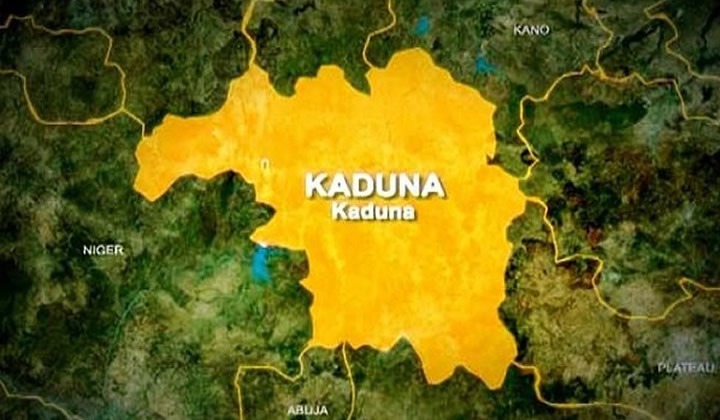Nigerian govt sells milled rice to media organisations in Kaduna at N40,000 per 50kg
 The Federal Government had, in the penultimate month, sold milled rice to staff of various media organizations in Kaduna State at a subsidized rate of N40,000 per 50kg bag.
The Federal Government had, in the penultimate month, sold milled rice to staff of various media organizations in Kaduna State at a subsidized rate of N40,000 per 50kg bag.
According to the federal government, the exercise aimed to alleviate the prevailing food crisis and cushion the effects of high food commodity prices in the country.
The media outlets in Kaduna were allocated 149 bags, and each buyer was screened by officials of the Economic and Financial Crimes Commission (EFCC) and the Federal Ministry of Agriculture to ensure transparency and accountability.
In addition to media members who purchased the rice, civil servants from various ministries and associations also received allocations at their respective offices.
All buyers accessed the grains from the Point of Sale (POS) with their Integrated Payroll and Personnel Information System (IPPIS) and National Identification Number (NIN).
Speaking on behalf of media organizations in Kaduna, the Chairman of the Nigeria Union of Journalists (NUJ), Kaduna State Council, Hajiya Asma’u Yawo Halilu, expressed gratitude to the federal government for subsidizing the rice at N40,000 per bag.
According to Halilu, “Comparing this price to the soaring market price, one has no option but to thank the government for the supply of the rice.”
She advised the government to make the exercise continuous so that those who did not get the opportunity to buy in the initial exercise would be able to purchase later.
The Hon. Minister of Agriculture and Food Security, Sen. Abubakar Kyari, had earlier revealed in Abuja, during the flag-off of the distribution exercise, that the kind gesture was made possible at the expense and directives of President Bola Ahmed Tinubu, who does not want Nigerian citizens to go to bed hungry and, in his wisdom, deemed it important to initiate the food intervention.
The Minister explained that in recent times, particularly after the COVID-19 pandemic, and due to the Russian-Ukraine war, climate change, and other localized factors, food prices, farm yields, and food chains were distorted globally, and Nigeria was not an exception.
According to him, this has led to increased concerns about food insecurity and a general decline in the standard of living globally.
The Minister noted that the present challenges are not peculiar to Nigeria alone, adding that the food intervention was timely, considering the circumstances and challenges faced by citizens of this great nation.
He said that the Federal Government, aware of the potential challenges associated with the sale of an important staple such as rice during this critical period, has deployed multi-disciplinary government machinery and put certain processes and conditions in place to ensure transparency, wider reach, and success of the exercise.
These included one bag of 50kg per person and the verification of intending beneficiaries using relevant identification mediums, such as the National Identification Number (NIN) and phone numbers, to prevent multiple access to the food commodity by fraudulent individuals at the expense of other citizens.
He urged citizens to cooperate with the relevant government agencies to ensure the realization of the present administration’s goal of upholding the fundamental right to food for all Nigerians.
The minister further stated that with the injection of 30,000MT (1,000 trucks of 30MT each) of this important staple into Nigeria’s food balance sheet, it is expected to not only reduce the price of rice but also impact the prices of other related food substitutes and alternatives.













